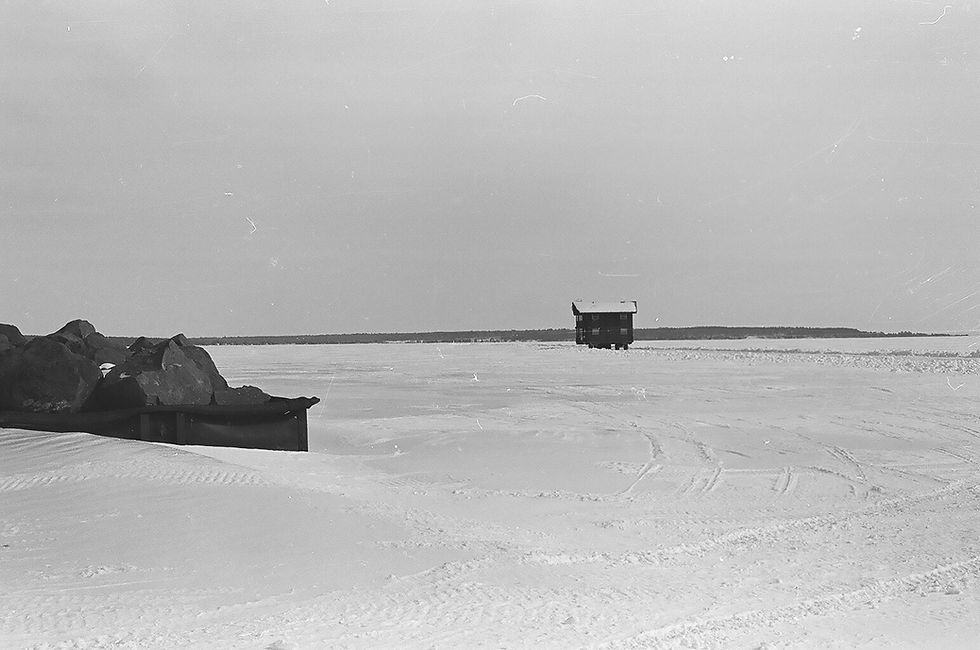New House rule keeps threat to our hunting, fishing and wide open lands alive despite Supreme Court victory
- Rocky Barker

- Jan 29
- 2 min read

The Supreme Court refused to hear Utah’s lawsuit seeking to transfer ownership of our public lands to them.
The legal issue has not been resolved and Utah or others, including Idaho Attorney General Raul Labrador, might try again to transfer the land where we hike and hunt and fish and ski, and ride through on our off-road vehicles and mountain bikes. These are the places where we go to camp and get away from all of the places that are quickly being turned into subdivisions.
But there is a greater threat still hanging out there that Americans need to worry about. The House of Representatives passed a rules package for the 119th Congress that says lawmakers will no longer need to account for lost revenues from public lands if they decide to give those lands away to states or other interests.
The Congressional Budget Office, will have to consider public lands have no value.
So if they decide to sell to sell part of the Boise National Forest to the billionaire Texans who want to develop new subdivisions in the backcountry, they won’t have to raise taxes or cut foreign aid to do it.
Really?
The forest where I shot my first deer valueless? The sagebrush grasslands where my Brittany spaniel retrieved its first chukar for my son’s shot. The hillside where my wife and my daughter sat while camping on their own to watch the full moon. The banks of dozens of western stream where I was lucky enough to find solitude while I cast my fly rod to rising trout, don’t count under the House rules.
I’ve seen this threat before. A young Montana hunter and angler named Land Tawney contacted me in 2017 and told me the Republican-controlled House had passed a similar rule. He pointed out that then-Utah Rep. Jason Chaffetz had introduced legislation that would have sold off 3.3 million acres across the West.
My column went viral.
Chaffetz returned to Utah to find his selloff proposal wasn’t even popular in his own state.
He was forced to withdraw the plan and group’s like Tawney’s Backcountry Hunters and Anglers grew from the grassroots nationwide to defend their hunting and fishing grounds. At the time polling showed that 78 percent of people in the U.S. oppose efforts to privatize or sell public lands, including 64 percent of people who voted for President Trump in 2016.
Subsequent polls have similarly shown that most people in the U.S., and most in the West and Idaho, support conservation of public lands and consider them to be valuable for local communities.




Comments